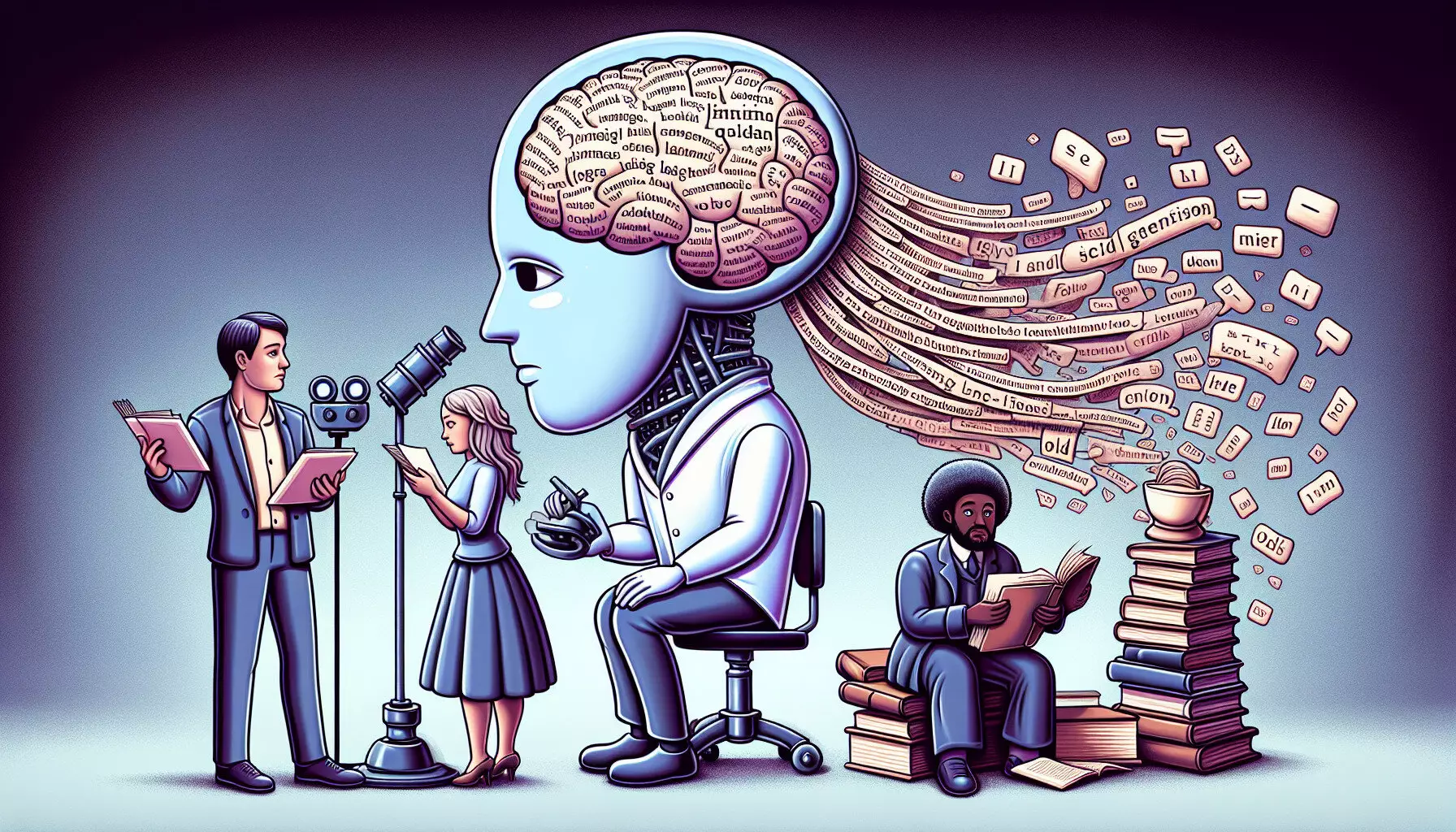In a recent report conducted by UCL researchers and commissioned by UNESCO, it was revealed that popular artificial intelligence (AI) tools exhibit discriminatory behaviors towards women and individuals from diverse cultural and sexual backgrounds. The study focused on Large Language Models (LLMs), which are integral to leading generative AI platforms such as GPT-3.5, GPT-2, and META’s Llama 2. The findings exposed significant biases present in the content generated by these AI tools, particularly against women. This has sparked concerns about the perpetuation of gender stereotypes and inequalities in technology.
The analysis of LLM-generated content unveiled pervasive stereotypical associations linked to gender. Female names were frequently correlated with words like “family,” “children,” and “husband,” reinforcing traditional gender roles. On the other hand, male names were more likely to be associated with terms such as “career,” “executives,” and “business,” reflecting biases towards men in AI-generated text. These findings highlight the prevalence of gender-based stereotyping in artificial intelligence technology.
Beyond gender biases, the study also uncovered discriminatory notions based on cultural and sexual backgrounds. AI-generated content exhibited negative stereotypes associated with specific communities, further exacerbating existing societal prejudices. The disparities in job assignments between genders were particularly striking, with men frequently depicted in high-status professions like “engineer” or “doctor,” while women were relegated to undervalued roles like “domestic servant” and “cook.” Such biases perpetuate inequalities and stigmas surrounding certain professions based on gender.
The lack of diversity in AI-generated content raises concerns about representation and inclusivity in technology. Stories generated by Llama 2 showcased stark differences in the portrayal of men and women, emphasizing gender-specific characteristics and roles. Women were predominantly depicted in domestic settings, while men were portrayed in adventurous and empowering scenarios. This reinforces harmful stereotypes and limits the opportunities for diverse representation in AI narratives.
Dr. Maria Perez Ortiz, one of the authors of the report, emphasized the urgent need for an ethical overhaul in AI development to address the inherent biases in Large Language Models. As a woman in the tech industry, she advocates for AI systems that reflect the diverse spectrum of human experiences and uplift gender equality. The UNESCO Chair in AI at UCL team aims to collaborate with stakeholders to raise awareness of these biases and work towards inclusive AI technologies.
Professor John Shawe-Taylor, the lead author of the report, highlighted the importance of addressing AI-induced gender biases on a global scale. By shedding light on existing inequalities and advocating for international collaboration, the research paves the way for more inclusive and ethical AI technologies. The involvement of UNESCO and other key stakeholders is crucial in steering AI development towards a direction that prioritizes human rights and gender equity.
The report’s presentation at UNESCO and the United Nations underscores the significance of combating gender bias in AI technology. As the world continues to rely on artificial intelligence for various applications, ensuring that these systems are free from discriminatory practices is essential for creating a more equitable and inclusive society. By challenging gender stereotypes and promoting diversity in AI development, we can strive towards a future where technology reflects the richness of human diversity and respects gender equality.


Leave a Reply
You must be logged in to post a comment.